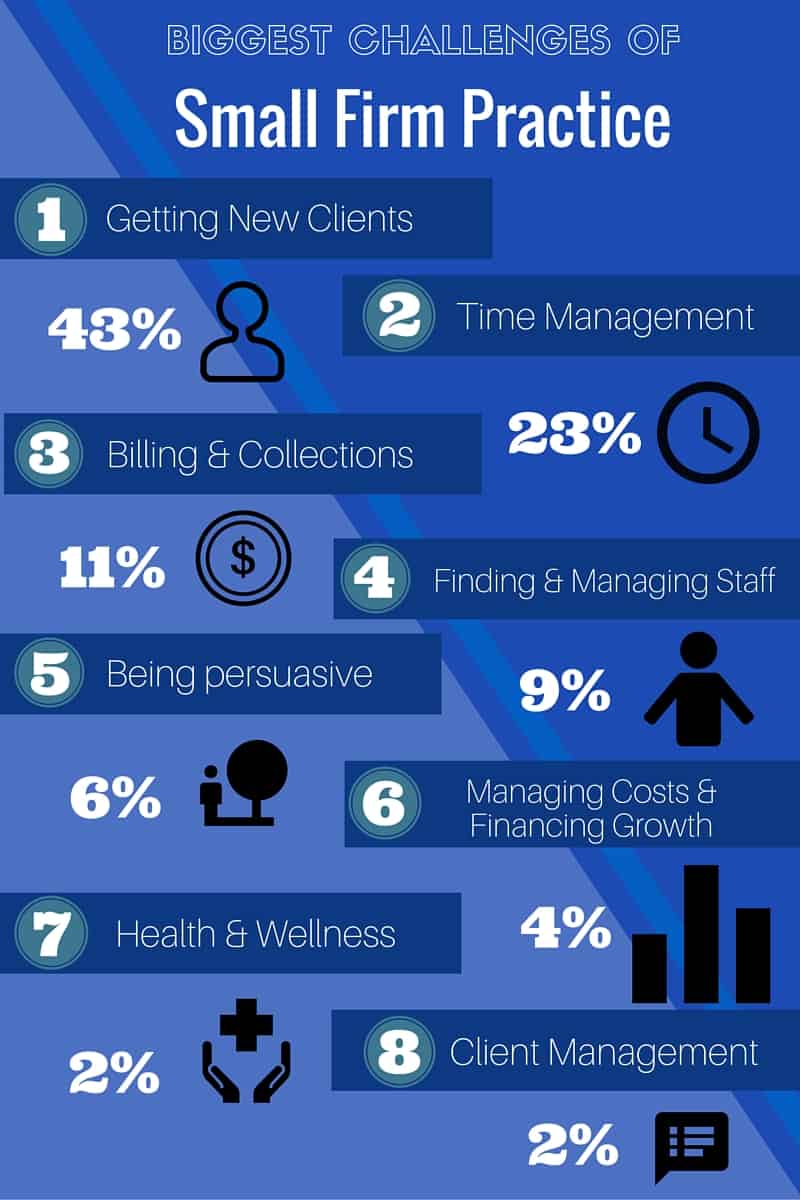The Rate Of Fraud: A Financial Analysis Of White Collar Crime'S Results
The Rate Of Fraud: A Financial Analysis Of White Collar Crime'S Results
Blog Article
Short Article Produced By-McIntyre Hays
Visualize a beautiful yard, meticulously nurtured over years, loaded with dynamic blossoms and rich greenery. Now, photo a flock of insidious pests quietly penetrating this haven, gnawing away at the origins and petals, leaving a trail of destruction.
This allegory appropriately catches the price of white collar criminal activity, a stealthy hazard that permeates our economy with ruining repercussions. As you step into this discussion, prepare to discover the covert economic influence of white collar crime and the far-reaching consequences that remain long after the criminals have actually disappeared from the scene.
The Financial Toll of Clerical Crime
White collar crime exacts a heavy monetary toll on people, services, and the general economic situation. It isn't simply a victimless criminal activity or a minor trouble. The effects are significant and damaging.
When individuals fall victim to clerical criminal offense, they often lose their life savings, their homes, and their sense of security.
Services, on the other hand, endure enormous monetary losses because of fraud, embezzlement, and other kinds of white collar criminal offense. These crimes cause lowered earnings, damaged reputations, and also personal bankruptcy sometimes.
Additionally, the economy overall suffers as white collar criminal activity undermines count on the economic system, decreases consumer self-confidence, and interferes with financial growth.
The monetary toll of clerical crime can't be underestimated, and it's crucial that we take strong measures to stop and fight this type of criminal task.
The Erosion of Trust in Institutions
The erosion of trust in institutions issues of clerical crime that has far-ranging implications for people and society. When clerical criminal offenses are committed by individuals in positions of power and authority, it weakens the count on that individuals have in those institutions.
This disintegration of trust can have a number of unfavorable results:
- ** Loss of confidence in the justice system **: When individuals see those in effective positions escaping clerical crimes, it can bring about a loss of confidence in the justice system. People might really feel that there's an absence of responsibility for those who dedicate such criminal activities, which can deteriorate rely on the lawful system.
- ** Decreased self-confidence in financial institutions **: Clerical criminal activities commonly involve financial fraud and control. When people or organizations are found guilty of such criminal offenses, it can result in a decrease in confidence in banks. This can have a negative impact on the economic situation as people may be hesitant to spend or trust these institutions with their cash.
- ** Damaging of social fabric **: Trust in institutions is a fundamental column of a working society. When that trust is eroded, it can lead to a weakening of the social material. https://news.wttw.com/2022/03/14/jussie-smollett-s-defense-team-wants-him-out-jail-they-appeal-conviction might end up being a lot more cynical and doubtful of institutions, which can bring about a breakdown in social communication and collaboration.
Long-Term Economic Outcome
Loss of trust in institutions because of clerical crime can have long-term economic repercussions.
When people and companies lose faith in the stability of institutions, they might come to be reluctant to spend or participate in financial activities. This lack of depend on can cause a decline in consumer costs, as individuals end up being more careful with their money.
Furthermore, businesses might hesitate to develop partnerships or enter into contracts, being afraid that they'll be taken advantage of by unscrupulous individuals.
The long-term economic consequences of this loss of trust can include slower financial growth, decreased work development, and decreased market competitiveness. It's essential for institutions to resolve white collar criminal activity and bring back count on order to secure the long-lasting economic health and wellness of a nation or region.
defences to criminal charges , the economic effect of clerical criminal offense is shocking, with effects that reach much past just monetary losses. It wears down the count on we position in our institutions, leaving a void that's difficult to load.
Like an unrelenting storm, white collar criminal offense leaves a long-term mark on our economy, leaving us to face its aftermath for many years to come.
